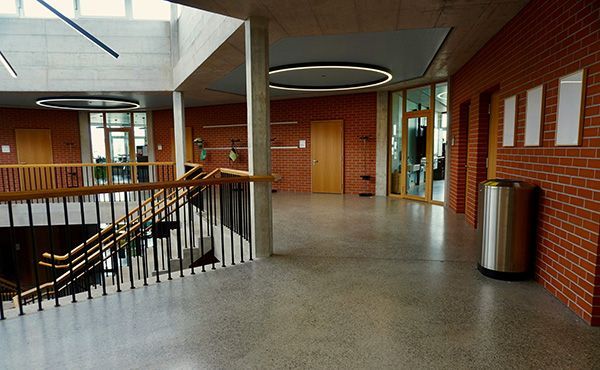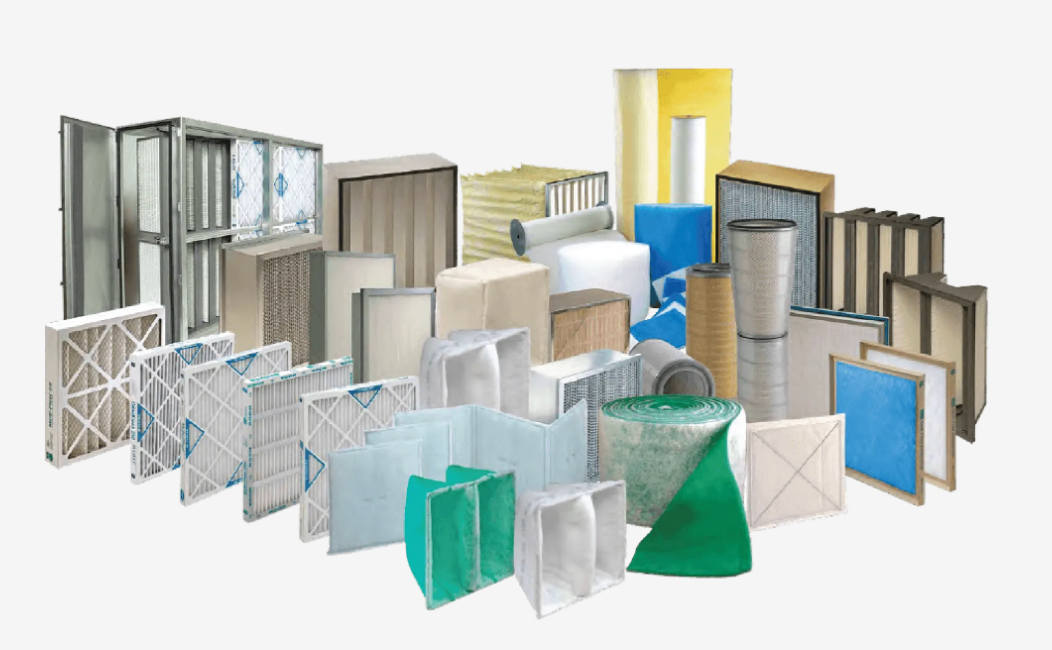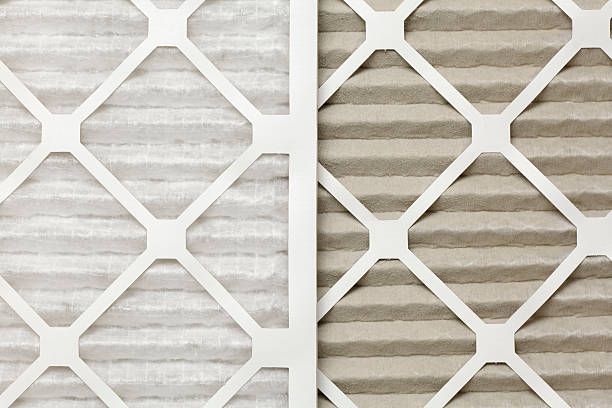Ryan Berkley, CAFS, is president of B&B Filters. As a Certified Air Filter Specialist by the National Air Filtration Association (NAFA), Ryan’s completed extensive training and testing in the field of air filtration and has a thorough understanding of air filtration principles, technologies and practices. This high level of filter expertise allows Ryan to provide school districts, universities, hospitals, manufacturers, laboratories, research facilities and others customized, quality solutions to their air filtration needs. Call or text Ryan at: 423.598.9930
Enhancing Classroom Health: The Importance of Air Purification Filters in Schools
By Ryan Berkley, CAFS

Table of Contents
The Critical Role of Air Quality in Schools
The quality of indoor air in schools significantly impacts the health and performance of students and staff. Poor air quality can lead to various health issues, including respiratory problems, allergies, and the spread of airborne pathogens.
It goes without saying that ensuring a clean indoor environment is essential for promoting student wellness and creating an optimal learning environment.
Air Purification Filters: A Key Component of Healthy School Facilities
Air purification filters are designed to remove airborne particles — including dust, pollen, mold spores, and other allergens — from the indoor environment. By integrating these filters into school ventilation systems, schools can drastically improve indoor air quality (IAQ) and reduce the presence of airborne impurities.
HEPA Filtration
One of the most effective air purification technologies is High-Efficiency Particulate Air (HEPA) filtration. HEPA filters can capture up to 99.97% of particles as small as 0.3 microns, ensuring that even the tiniest pollutants are removed from the air. This level of filtration is crucial for maintaining a healthy classroom environment and protecting students from potential allergens and pollutants.
Pollutant Removal
Air purification filters are also effective in removing various indoor pollutants, including volatile organic compounds (VOCs) and chemical fumes, which can be harmful to children's health. By reducing these pollutants, schools can provide a safer and healthier atmosphere for learning.
The Impact on Classroom Health and Student Wellness
The installation of air purification filters in schools contributes to a significant improvement in classroom health. Cleaner air reduces the risk of respiratory infections, asthma attacks, and allergic reactions — leading to fewer sick days and improved overall student wellness.
Airborne Pathogens
Schools are often breeding grounds for airborne pathogens, which can quickly spread from one student to another. Air purification filters help mitigate this risk by trapping and neutralizing harmful bacteria and viruses. This is crucial for creating a healthier school environment.
Allergy Relief
Many students suffer from allergies, which can be exacerbated by poor indoor air quality. By removing allergens such as pollen, dust mites, and pet dander, air purification filters provide much-needed allergy relief, allowing students to focus better and participate more actively in class.
Implementing Effective Air Purification Systems in Schools
To ensure the effectiveness of air purification systems, schools must prioritize regular maintenance and filter replacement. This includes periodic checks of the HVAC system and timely replacement of air filters to maintain optimal performance.
IAQ Maintenance
Schools should adopt comprehensive IAQ maintenance programs that include monitoring indoor air quality, using air purification technologies, and ensuring proper ventilation. These measures help maintain a clean learning environment and safeguard children's health.
School Building Maintenance
Proper maintenance of school facilities is essential for ensuring the longevity and efficiency of air purification systems. This includes regular inspections, cleaning, and repairs to the ventilation system, ensuring that it functions optimally at all times.
Conclusion
Investing in air purification filters is a crucial step towards creating a healthy and conducive learning environment in schools. By improving indoor air quality, schools can enhance classroom health, protect students from allergens and pollutants, and promote overall student wellness. As awareness of the importance of clean air in educational settings continues to grow, schools must prioritize the implementation and maintenance of effective air purification systems to ensure the well-being of their students and staff.
By fostering a clean and healthy indoor environment, schools from Nashville to Atlanta to Johnson City and elsewhere can pave the way for better academic performance and a brighter future for all students.
If you have questions about your air filtration needs, email info@bnbfilters.com or call (423)-775-2932.

Similar Posts

Elevating industry standards with tailored air and fluid filtration solutions since 1992, B&B Filters delivers excellence across the US.








